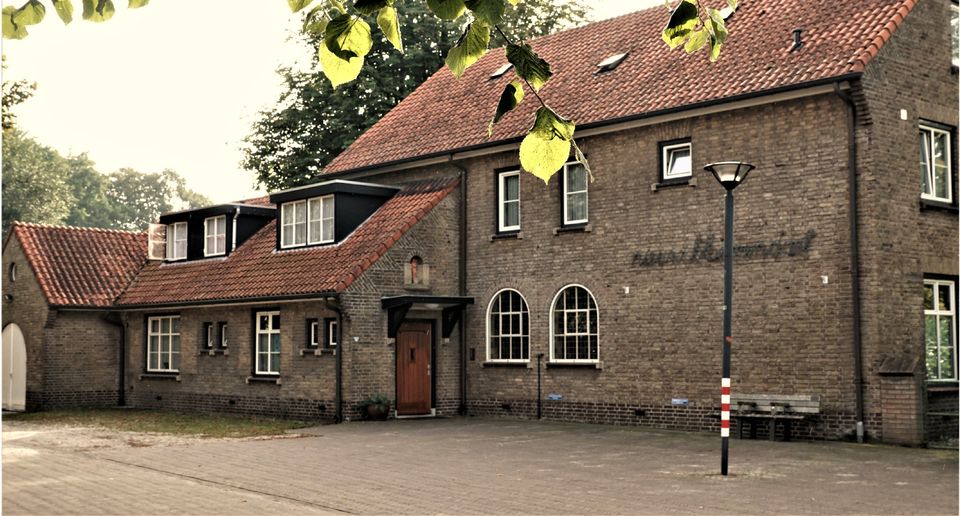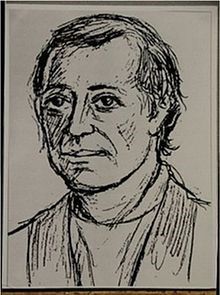Huijs Bloemendael | Handel
Contact
In 1723, three pilgrims took up residence in the cottage of the former sexton of the chapel in Handel. These three brothers including Daniel "de Brouwer" Vervest were the new sextons, and they took on the care of chapel and altar boys. Thus, they began brewing beer, farming land and making altar candles. They also began teaching children in the neighborhood and from beyond who could not get Catholic schooling elsewhere. This was possible in Handel because that was within the boundaries of the Free seignory of Gemert, which was not under the Protestant States of Holland but under the influential religious knightly order the Teutonic Order, who had established their organization in Gemert Castle. Consequently, the community expanded and the Huijs Bloemendael was built in 1734 to better accommodate them.
Now the Teuto…
In 1723, three pilgrims took up residence in the cottage of the former sexton of the chapel in Handel. These three brothers including Daniel "de Brouwer" Vervest were the new sextons, and they took on the care of chapel and altar boys. Thus, they began brewing beer, farming land and making altar candles. They also began teaching children in the neighborhood and from beyond who could not get Catholic schooling elsewhere. This was possible in Handel because that was within the boundaries of the Free seignory of Gemert, which was not under the Protestant States of Holland but under the influential religious knightly order the Teutonic Order, who had established their organization in Gemert Castle. Consequently, the community expanded and the Huijs Bloemendael was built in 1734 to better accommodate them.
Now the Teutonic Order had a treaty with the States of Holland that no monastic community of more than five people was allowed to exist within the boundaries of Gemert. There began to be grumbling within the Teutonic Order and also from the Gemert brewers who saw the brewery in Handel as competition. Now the Brothers Penitents in Handel were members of the third rule (i.e. the rules that a particular order had to comply with, the first rule treated the monks, the second rule the nuns, the third, somewhat looser, rule the so-called weasels) and as such were devout but not held to the precepts of monks. They argued that they were not a monastic community, but, seeing the danger, they decided to move one kilometer north to Boekel. At the time, that was part of the Land of Ravenstijn, also a free territory that had no agreement with Holland. Here they founded Huize Padua and later, in 1826, the first insane asylum in the Netherlands. However, they continued to take care of the maintenance of the Handel chapel.
Sources: P. Lathouwers, In eer ende oirbaer onser vrouwe te Haenle: Church and pilgrimage in Handel, 2005, Heemkundekring De Kommanderij, Gemert



